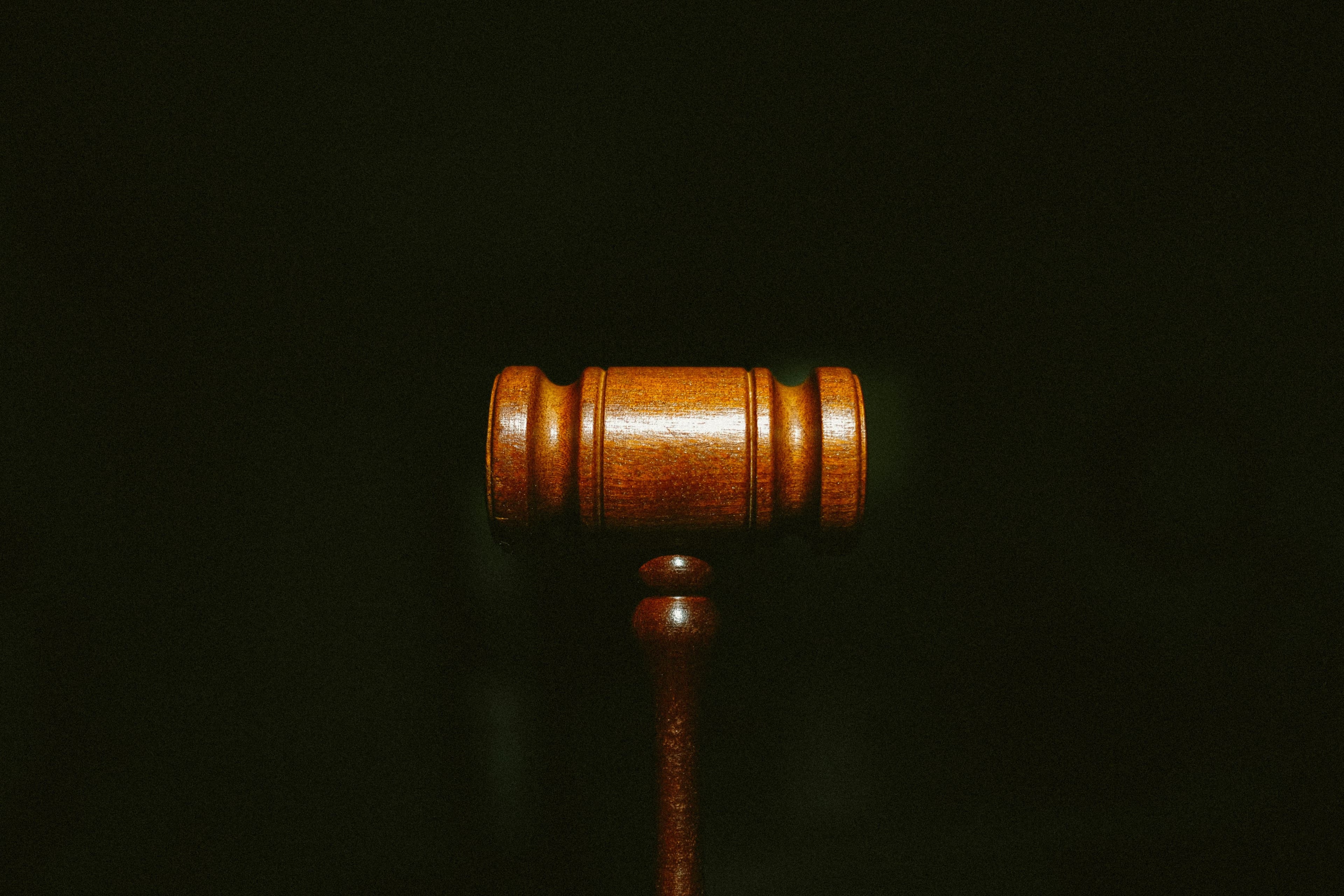
In Lee County, the case of Trevor Lynn Cofer v. State of Alabama recently unfolded, ultimately making its way to the Alabama Court of Criminal Appeals. This case dives into the admissibility and adequacy of evidence in the context of a voyeurism charge, highlighting the interplay of various distinct legal principles to ultimately reach a result slightly more favorable to Cofer when compared to his original sentence.
On the night of October 13, 2019, a man came to visit Cofer’s neighbor, and spotted Cofer standing outside the neighbor’s window, recording her through her blinds. The man alerted one of the home’s other residents, who turned on her bedroom light. Cofer attempted to hide, and the man caught and restrained him. A search of Cofer’s phone uncovered multiple videos of the neighbor, including videos of her partially nude. Cofer admitted that the videos dated back to September of that year.
At trial, Cofer was found guilty of four counts of voyeurism in the first degree under §13A-11-41 of the Alabama Code. For the first three counts, Cofer was sentenced to 10 years imprisonment, split with 117 days in confinement, and followed by 8 years’ probation. For the fourth count, Cofer’s sentence was similar, with one year in confinement followed by 8 years’ probation. Following his sentencing, Cofer filed a motion for a new trial, which was denied, giving rise to his appeal.
Cofer argued that, under Rule 404(b) of the Alabama Rules of Evidence, the trial court was incorrect in admitting evidence of Internet searches related to voyeurism extracted from his cell phone. Rule 404 makes character evidence inadmissible to prove conduct, with section (b) specifically covering evidence of other crimes, wrongs, or acts. Cofer claimed that he did not receive pretrial notice of the State’s intent to introduce the searches as evidence and asserted that including the searches was prejudicial.
Addressing Cofer’s argument about the pretrial notice, the Court found that Cofer had received all of the data taken from his cell phone. Although Cofer did not have the correct software to review the data, he was granted an overnight recess to do so. The Court found that these efforts made the State’s failures to provide notice harmless, as Cofer was given the information and had an adequate chance to review the evidence.
Additionally, the Court held that the evidence of Cofer’s internet searches was both relevant and admissible, as it demonstrated Cofer’s intent. As part of Cofer’s argument against the charges, Cofer asserted that his neighbor had no reasonable expectation of privacy when her bedroom window faced his residence. The Court, when considering this aspect of the argument, found no clear error. Regardless of the positioning of the neighbor’s blinds, a jury could reasonably find that she had an expectation of privacy, effectively rejecting this facet of Cofer’s argument. This evidence of motive, when considered alongside the videos Cofer took of his neighbor, sufficiently met the State’s burden of proof, allowing the jury to charge Cofer with the offenses.
Although the Court ultimately rejected Cofer’s arguments for his acquittal, Cofer was still granted a degree of relief through his appeal. When reviewing Cofer’s sentence, the Court found that the 8-year probationary period exceeded the maximum length allowed under §15-18-8(b). This point was not raised by either side, but the Court noted its authority to correct an illegal sentence at any time. Accordingly, the Court remanded Cofer’s case to reconsider the terms of Cofer’s probation in a manner consistent with the §15-18-8(b) limitations.
Trevor Lynn Cofer v. State of Alabama demonstrates the intricacies of legal procedure, highlighting several independent concepts that work together to reach this result. Although the State filed to provide adequate pretrial notice, the harmlessness of the error combines with the necessity of proving motive, causing the court to affirm Cofer’s conviction. However, the Court’s broad authority to correct sentencing errors at any given time still allowed Cofer a more favorable result. No single principle reaches this outcome, but the interplay between legal principles allowed for reduced probation for Cofer, although his attempt for acquittal was denied.





















































